Some interesting points to dig into, Max!
This comparison shows poor agreement. Total sleep time is Time in bed minus awake time. […] This study also shows poor accuracy. […] Imagine total sleep time of 7 hours in PSG and 7h 25 minutes for oura - this doesnt looks like good agreement but paper treats this difference as agreement.
I think we might be talking past each other here. I would interpret both the lab results and Quantified Scientist’s as showing good sleep detection accuracy. It seems like you would expect it to be a lot closer? I guess it also depends what your goals are in QS.
Looking at the time-series from Rob’s analysis, it seems that the wake/sleep binary classification aligns pretty well. As I point out in the paper, this is pretty good for a device that’s so uninstrusive. I mean, are humans even this accurate? I’m not sure that I’d get better accuracy by having a sleep scientist label timestamps of a video of me sleeping. But maybe my intuitions are wrong here? I totally see how EEG can detect REM sleep (and why the Oura struggles), but light/wake classification is much less obvious. And using HRV/motion data can probably detect a lot more restless behaviour than EEG, no?
What I really like about the Oura ring is that I have virtually no missing data and no disruption to my natural behaviour. I literally wear it constantly. This means that I have data from aeroplanes and couches and trains and all sorts of occasions where I wouldn’t have worn a headband. As a result, I have >1000 nights of Oura data under a wide variety of situations. For my goals, having 1000 nights of noisy-but-varied data is much more useful than 500 nights of slightly-more-accurate data that may be biased to occasions where I could/bothered to wear the EEG device. That’s definitely a trade-off and there are advantages and drawbacks to both.
Much further up this thread you said:
Right now i’m doing some nbacking and spaced repetition before sleep to check if it increase my REM sleep.
Given those experiments, I totally agree that the Oura ring is not accurate enough — especially with REM classification.
I’m planning to post my results soon. Using dreem as a reference device, manual asessment of total sleep time outperfroms other non-eeg devices (~60 nights of data), so i’m pretty sceptical on total sleep time from non-eeg wearables
I’m very interested to see these results! Especially with your manual assessment. Sure, it’s not that hard to estimate to within 10-15 minutes when you went to sleep and within 5 minutes when you woke up. But what about disturbed sleep during the night? I find that very difficult to estimate (which is why I rely on devices). Perhaps we have quite different sleep profiles/habits? Or maybe I misunderstood what you meant. But I’m looking forward to your results!
Dreem doesnt have sleep score and we cant use oura sleep score formula because there is no restlessness parameter.
I think it would be good to create your own scoring function anyway. In my study, I had a couple of reasons to stick with the built-in Oura score. For a comparison across devices (and for the types of experiments you seem to be interested in), it makes a lot of sense to devise your own composite score — it could even include some subjective measures of sleep.
This is something I intend to do in my future analyses, particularly focussing on things I personally care more about, like feeling rested and energised when I wake up.
Right now i’m using fitbit charge 4 and 5, oura, withings sleep, dreem 2 and manually asess my sleep every morning (before looking at any devices).
It would be really cool to make some sort of consensus score out of all of these devices! And perhaps it would be valuable to do some analysis where the agreement across all the devices (or between Dreem and the non-EEG devices) is used as a target feature. I’d be really interested to know what other factors cause the devices to disagree, as that would help get an understanding of how to “subtract away” some of the noise in sleep measurement.
When are you planning to show your next paper? I’m ready to read now
It may be quite a wait, I’m afraid  I’m fairly burned out from the Quantified Sleep paper and am focussing on finishing my MSc thesis at the moment. In the near future, I’m going to try do some smaller-scale experiments that I can post here. I would like to do controlled (maybe self-blinded) experiments on the factors that were highlighted in the observational analyses.
I’m fairly burned out from the Quantified Sleep paper and am focussing on finishing my MSc thesis at the moment. In the near future, I’m going to try do some smaller-scale experiments that I can post here. I would like to do controlled (maybe self-blinded) experiments on the factors that were highlighted in the observational analyses.
I’ve also been wanting to do some analysis of my diet/nutrition. I’d design a two-week plan involving various different food types, quantities, timings, etc. Then track everything (calories, macros, timing) and relate it to data from a continuous glucose monitor and ketone strips.
I’m looking forward to your device agreement results (and the ones about spaced repetition’s effect on REM)! Keep it coming, Max!
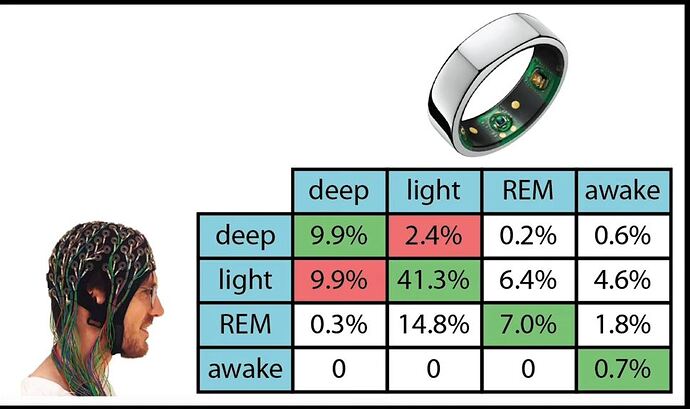
 I see oura in a side of being pretty comfortable with a big price in accuracy. For example fitbit charge is less comfortable than oura, but agree better with eeg. Dreem is even less comfortable than fitbit, but outperforms non-eeg wearables.
I see oura in a side of being pretty comfortable with a big price in accuracy. For example fitbit charge is less comfortable than oura, but agree better with eeg. Dreem is even less comfortable than fitbit, but outperforms non-eeg wearables.


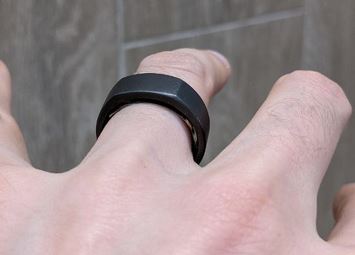
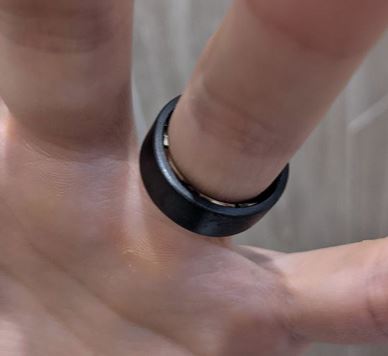
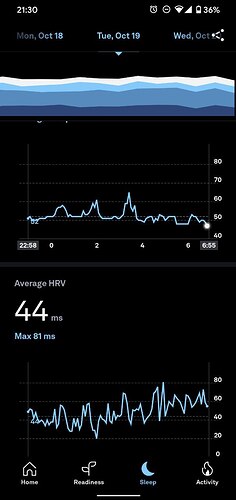
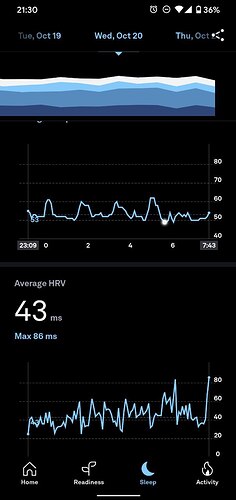
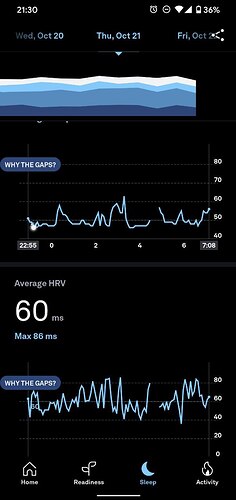
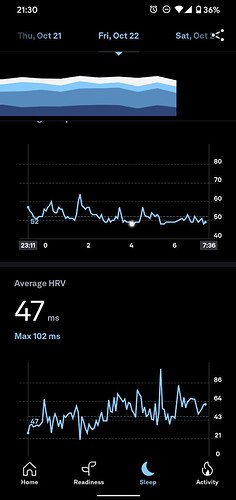
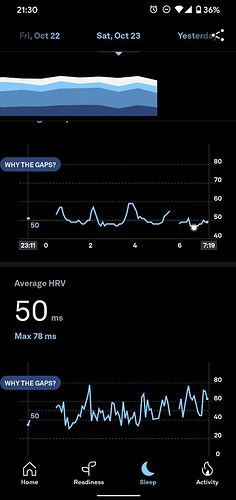
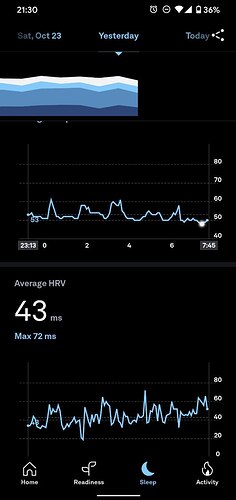
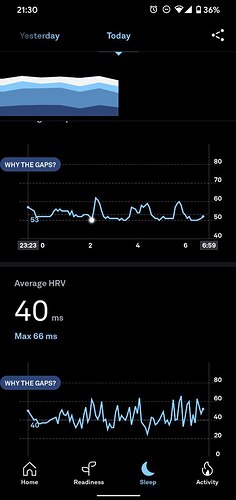
 That’s how I knew he was serious and worth getting to know! It seems like he’s found an interesting niche with wearable reviews and comparisons.
That’s how I knew he was serious and worth getting to know! It seems like he’s found an interesting niche with wearable reviews and comparisons.